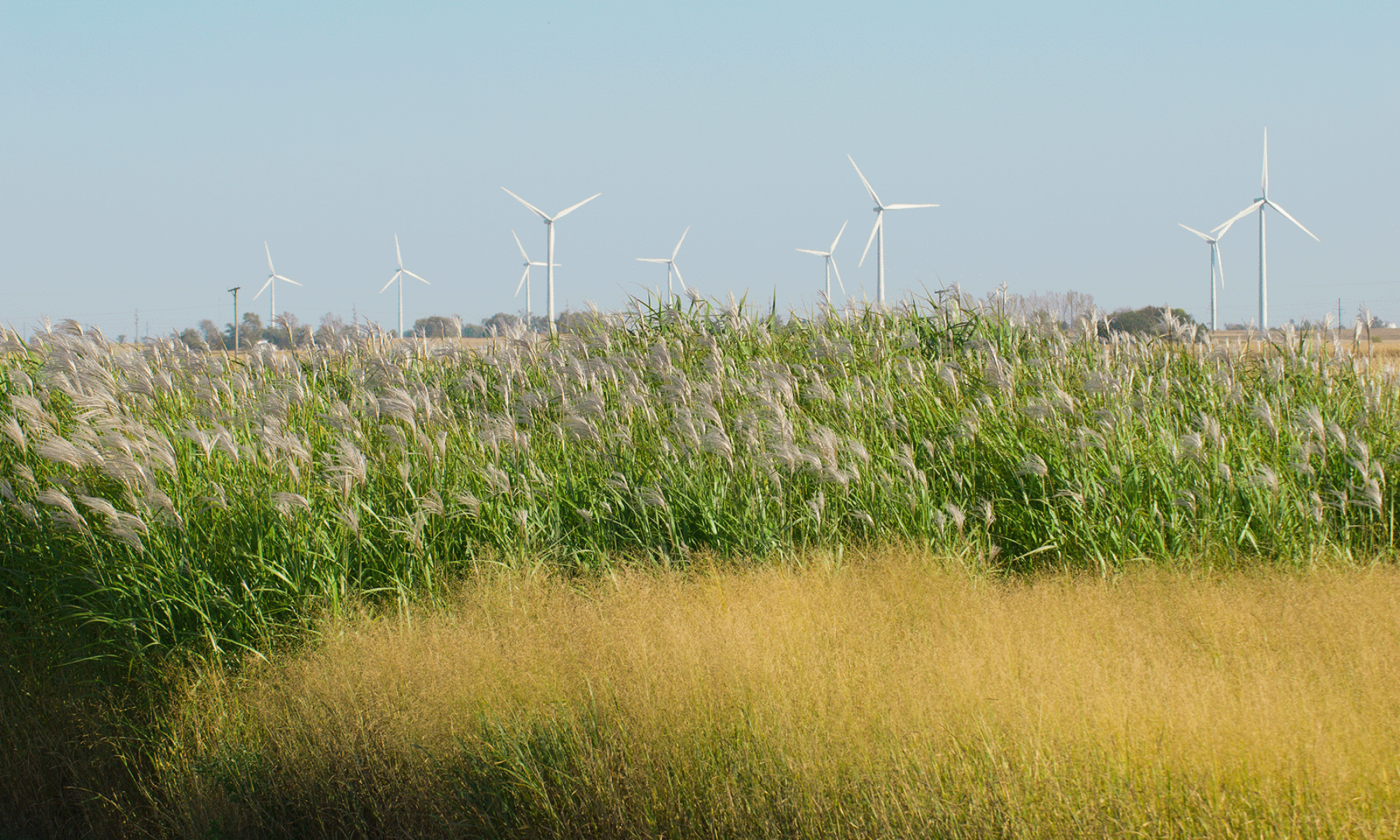 Maureen Cropper is a Distinguished University Professor of Economics at the University of Maryland, a Senior Fellow at Resources for the Future, and a former Lead Economist at the World Bank. Dr. Cropper has served as chair of the EPA Science Advisory Board Environmental Economics Advisory Committee and as president of the Association of Environmental and Resource Economists. She is a member of the National Academy of Sciences, a Research Associate of the National Bureau of Economic Research, and a Fellow of the Association of Environmental and Resource Economists. Her research has focused on valuing environmental benefits using both stated and revealed preference approaches, which she has used to estimate the benefits of air pollution regulations. Her current research examines the effectiveness of energy sector reforms and environmental programs in India, and evaluates the costs and benefits of SO2 allowance trading in the US.
Maureen Cropper is a Distinguished University Professor of Economics at the University of Maryland, a Senior Fellow at Resources for the Future, and a former Lead Economist at the World Bank. Dr. Cropper has served as chair of the EPA Science Advisory Board Environmental Economics Advisory Committee and as president of the Association of Environmental and Resource Economists. She is a member of the National Academy of Sciences, a Research Associate of the National Bureau of Economic Research, and a Fellow of the Association of Environmental and Resource Economists. Her research has focused on valuing environmental benefits using both stated and revealed preference approaches, which she has used to estimate the benefits of air pollution regulations. Her current research examines the effectiveness of energy sector reforms and environmental programs in India, and evaluates the costs and benefits of SO2 allowance trading in the US.
 Edward B. Barbier is the John S Bugas Professor of Economics, Department of Economics and Finance, University of Wyoming. His main expertise is natural resource and development economics as well as the interface between economics and ecology. He has served as a consultant and policy analyst for a variety of national, international and non-governmental agencies, including many UN organizations, the World Bank and the OECD. He has authored over 250 peer-reviewed journal articles and book chapters, written or edited 22 books, and published in popular journals. He is consistently ranked among the top cited environmental economists globally (https://ideas.repec.org/top/top.env.html), and Google Scholar lists him as having over 35,000 citations, with over 15,000 since 2011. Barbier was elected a 2015 Fellow of the Association of Environmental and Resource Economists.
Edward B. Barbier is the John S Bugas Professor of Economics, Department of Economics and Finance, University of Wyoming. His main expertise is natural resource and development economics as well as the interface between economics and ecology. He has served as a consultant and policy analyst for a variety of national, international and non-governmental agencies, including many UN organizations, the World Bank and the OECD. He has authored over 250 peer-reviewed journal articles and book chapters, written or edited 22 books, and published in popular journals. He is consistently ranked among the top cited environmental economists globally (https://ideas.repec.org/top/top.env.html), and Google Scholar lists him as having over 35,000 citations, with over 15,000 since 2011. Barbier was elected a 2015 Fellow of the Association of Environmental and Resource Economists.
 Kelsey Jack’s research lies at the intersection of environmental and development economics. Kelsey has ongoing research projects in Zambia and South Africa, studying household decision about natural resources and the private provision of public goods. Much of her research uses field experiments to test theory and new policy innovations. Kelsey received her PhD in public policy from Harvard University in 2010 and spent a year as a post-doctoral fellow at MIT before joining the Department of Economics at Tufts in 2011.
Kelsey Jack’s research lies at the intersection of environmental and development economics. Kelsey has ongoing research projects in Zambia and South Africa, studying household decision about natural resources and the private provision of public goods. Much of her research uses field experiments to test theory and new policy innovations. Kelsey received her PhD in public policy from Harvard University in 2010 and spent a year as a post-doctoral fellow at MIT before joining the Department of Economics at Tufts in 2011.
 Paulina Oliva is an Assistant Professor in the Economics Department of the University of California, Irvine. She received her PhD in Economics from UC, Berkeley in 2009. She specializes in the fields of Environmental Economics and Development; and specifically on the relationship between air pollution and health and on environmental policy effectiveness in the developing world. Her work uses a variety of applied microeconometric techniques to study human impacts of air pollution and individual incentives.
Paulina Oliva is an Assistant Professor in the Economics Department of the University of California, Irvine. She received her PhD in Economics from UC, Berkeley in 2009. She specializes in the fields of Environmental Economics and Development; and specifically on the relationship between air pollution and health and on environmental policy effectiveness in the developing world. Her work uses a variety of applied microeconometric techniques to study human impacts of air pollution and individual incentives.

